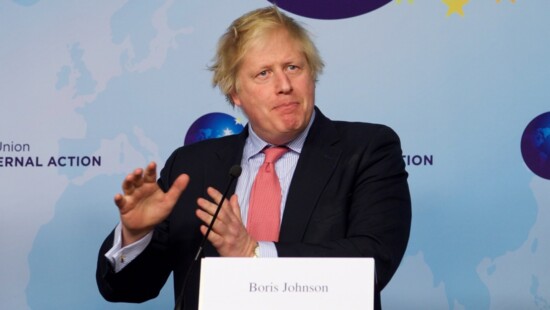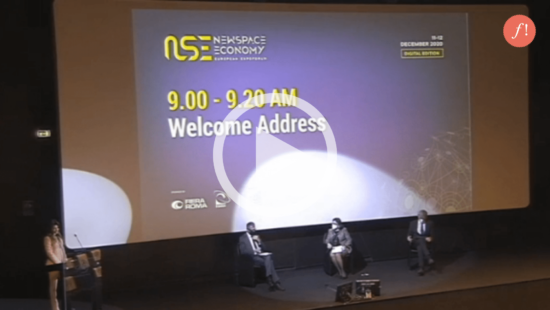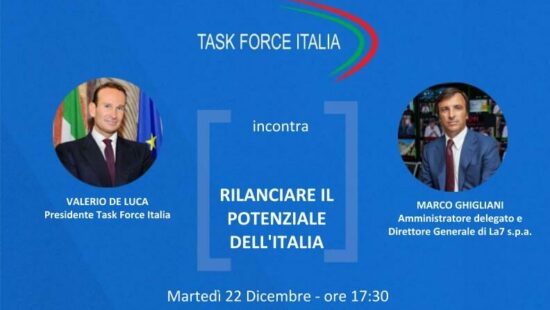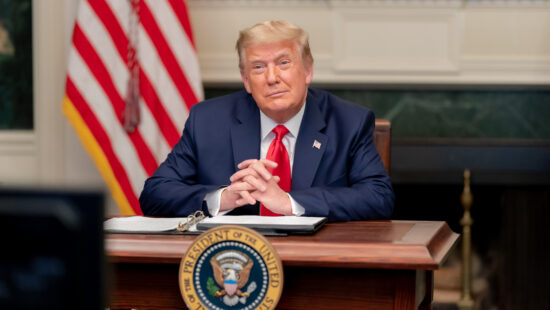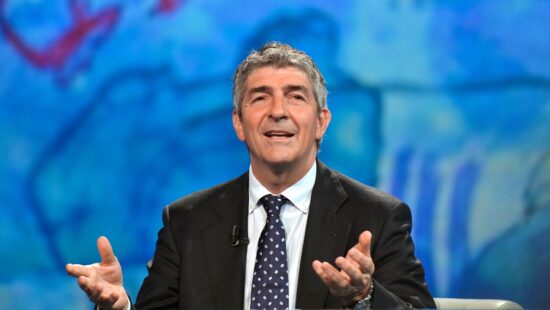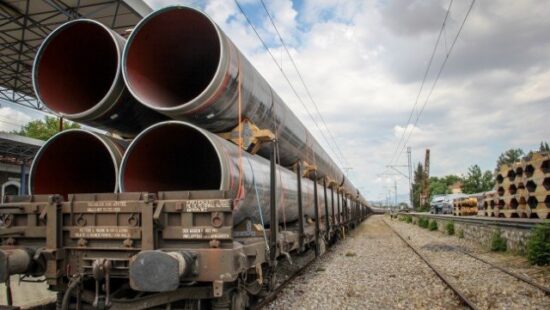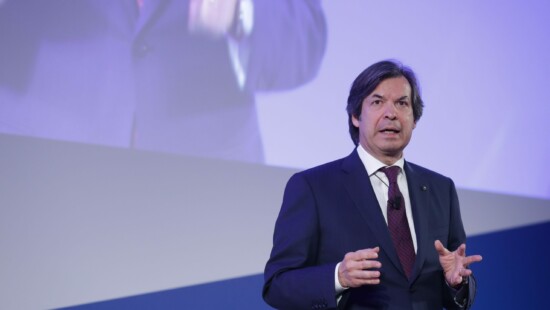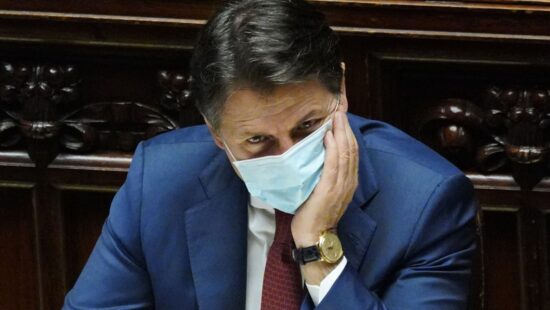Per il premier britannico è “molto, molto probabile” che saranno in grado di fare esattamente quello che vogliono dal 1° gennaio. Ma Bruxelles invita i Paesi membri a non negoziare accordi individuali. La deadline di domenica per raggiungere un’intesa comune
Archivi
Il rebus della Brexit e l'ombra del “no deal” (invocata da Johnson)
NSE 2020, la New Space Economy volano di sviluppo e innovazione. Il video
NSE 2020, la New Space Economy volano di sviluppo e innovazione [embedyt] https://www.youtube.com/watch?v=h-xX_UFAKm8[/embedyt] Si è tenuta in modalità digitale la seconda edizione del New Space Economy Expoforum, la fiera dedicata all’economia spaziale organizzata da Fiera di Roma e “Fondazione Amaldi”, in collaborazione con l’Agenzia spaziale italiana. L'evento, ideato dal coordinatore del comitato scientifico del Nse European Expoforum Roberto Battiston, è…
Task Force Italia, Web Talk con Marco Ghigliani
I media possono rappresentare un acceleratore della fiducia e un fattore irrinunciabile per il rilancio dell’Italia. Nuovo appuntamento del web talk “Rilanciare il potenziale dell’Italia” organizzato da Task Force Italia che ospiterà in un tavolo di lavoro Marco Ghigliani, amministratore delegato e direttore generale di La7
L'onda anomala dei social network e la necessità di un'informazione di qualità
Le trasformazioni del mondo dell’informazione e delle fake news alle prese con i social network, che sono sempre più spesso una fonte di informazione primaria, soprattutto per i giovani. Sono 35 milioni gli italiani a rischio di “disorientarsi”. L’analisi di Renato Vichi
Usa, la Corte Suprema con Biden. Ecco perché Trump ha perso
Caso chiuso. La Corte Suprema americana ha bloccato il ricorso legale del Texas e altri 18 Stati contro l’elezione di Joe Biden. Cala il sipario sulla battaglia di Trump, che ora deve fare i conti con altri guai…Il punto di Giampiero Gramaglia
Addio Pablito, el hombre del partido. Il ritratto di Pigi Battista
“Non è stato un centravanti qualunque che fa gol. Colpì l’immaginazione degli anni ’80 che stavano arrivando e segnò il passaggio di un’epoca, in piena sintonia con quello spirito pubblico”. Conversazione con Pierluigi Battista, editorialista del Corriere della Sera e da sempre grande appassionato di pallone
Perché a Ue e Italia servono investimenti in cybersecurity. Parla l’avv. Mele
L’Ue non spende abbastanza in cybersecurity: la percentuale degli investimenti è ferma da quasi cinque anni, spiega l’Enisa. L’avvocato Mele avverte: “Senza protezione delle infrastrutture non c’è evoluzione tecnologica”. E l’Italia è ancora indietro sul Competence Centre
Ecco perché l’Italia aderisce a EastMed (che è molto più di un gasdotto)
L’intreccio tra Egitto e Italia svolgerà un ruolo primario nei lavori del Forum anche alla luce del rafforzamento del sistema di sicurezza energetica nel Mediterraneo, strategico per gli equilibri geopolitici nell’intera macro area che va da Gibilterra agli Urali
Il futuro? É giovane. Parola di Carlo Messina (Intesa Sanpaolo)
Il futuro è dei giovani. Ma serve la giusta formazione per vincere le sfide della competitività, della crescita e persino del debito pubblico. Per questo è nata la scuola politica Vivere nella comunità, anche grazie al sostegno di Intesa SanPaolo. Ecco l’intervento integrale di Carlo Messina, consigliere delegato e ceo della banca
Perché il governo non trova la quadra. Il commento di Reina
Il premier Conte non può inventarsi dalla notte al giorno una cosiddetta task force, dove c’entrano solo alcuni suoi esperti di fiducia per gestire la crisi sanitaria. Sul tavolo, se non fosse chiaro, c’è in gioco la gestione di un fondo assegnato dall’Ue all’Italia per fronteggiare la pandemia. L’opinione di Reina




